I was seven years old when my father taught me the idiom: Make hay while the sun shines. This was my first ever class of idioms and proverbs and was a tad different from the grammar I had been absorbing for over a year. I loved learning these things from him and the setting would almost always be the same. An empty cup of tea sat nearby, missing the attention. The sunbeams streamed through the windows and he had finished devouring his newspaper which now lay aside like an unwanted notice of
Even with all the wisdom of the universe in our favor, I could not get my head around most idioms. I did not know that you were not supposed to take them literally.
“But what does it mean?” I protested. “Make hay while the sun shines!”
In response, he explained to me how farmers in villages make hay. I had not seen a village or a farmer or anyone ever making hay. None of this made any sense whatsoever. “It’s a figure of speech,” he explained. “You can’t take an idiom literally.” Figure of speech? Now, what on earth is that? And what about hay? How was I to use it in a sentence? He promptly gave me an example:
“Let’s go out and play,” Ram said to Shyam. “We have two hours before school starts.”
“Exactly,” Shyam said. “Make hay while the sun shines.”
What the heck. Why is Shyam hell bent on making hay when he can play?
“Don’t be confused,” Father said to me. “Just remember its meaning for now, which is, to avail the opportunity while you still have it.”
I think that day we got through only about five idioms. He would not give up until he taught me something and I would not move ahead until I understood it. For that matter, I’ve never seen him ever give up on anything. Not even on an old phone.
After all, four months ago, on 27-Sep-2021, he stepped out in the evening to get the battery of that phone fixed. He had another phone which he wouldn’t use saying it was expensive and he might lose it or something. Just as he came out of the shop and turned on his scooter, a teenage biker rammed right in crushing his leg. It was not even the main road, but a harmless side street. A mere four hundred meters from our home. The young boy on the bike was not just fast or speeding, he was like a bolt.
My father’s left leg not only split into two but his calf muscles were crushed beyond repair too. It was as if someone shot his leg with a cricket ball. His bones were shattered and a couple of them were protruding like straws from a beetroot shake. He sat on the roadside with crushed muscle, sinews, bones and holding a leg snapped like a twig in his own lap. The young driver was also flung out of his seat and landed on his head but thankfully escaped unharmed as his turban saved him.
We rushed to the hospital and the following morning, 28-Sep, the orthopedic surgeon said that unless we were prepared to go through a very long road to recovery, amputation was advisable. “It would be quick and easy. With a prosthetic limb, he would be up and about in under four weeks.” I spoke to my father who said he was prepared to go through the longer process involving multiple surgeries over a period of time but wanted to save his limb. We consulted with a few other specialists who felt that the limb could be saved. (A big thank you to Drs. Smita and Ravi Deshmukh.)
I offered to take him on a flight right away and have him treated in a bigger hospital in a bigger city, even a different country. He turned down the offer. “What about Delhi?” I said. “We can have you airlifted.” But, he did not want to move and he had decided to not give up on the hope of saving his leg. A view we more or less concurred with as well.
The cops came and we decided not to file any complaint or name the boy because I thought he shouldn’t have to suffer for a mistake that any young driver could’ve committed. His parents certainly didn’t deserve the trauma and harassment the judicial process would naturally bring in this case. Besides, where was the forgiveness then? My parents and siblings supported my decision.
Pitashree (father) responded really well to the treatment. Multiple specialists and surgeons were involved. First surgery, second surgery, cross-leg grafting, grafting, another surgery, daily dressings, many complications, suction machine for the wound, this drip and that, non-stop medication and yet another surgery. Finally, after three months, a heavy iron contraption (a fixator) was removed and he could move about a bit with a walker. He had to. This was his exercise. The wound of course, still hadn’t healed and daily dressings were a part of the regime.
In between my work, public engagements, the Sadhana app, writing commitments, there were the events at the ashram. I shuttled back and forth every week because my presence gave him joy and hope. He was confident that I would set everything right or could arrange anything at all for his treatment. I’m not sure about the former, but the latter, yes, absolutely. I would have moved heaven and earth to ensure that everything was taken care of to the best of my abilities. He had been saying for the past ten years or so that his only wish was to have me by his side whenever he breathed his last. (Anyway, we’ll see about that.) This time he even got me to make that promise. Clever man. It’s not easy to make or keep such promises. A million things in the universe have to align to make a moment possible. But, he extracted that one out of me. Then again, this is the least I could do for a man who not only gave me this body but everything else that I have today.
There is something about hospitals. Not that they remind you about suffering and more suffering but they tire you out. They are busy places full of strangers and sad people. Numerous times I stood outside the corridors waiting for the doctors, trying to google and understand the medical terms they would use, arranging for this thing and that. (Infinite gratitude to the hermit-like Manik Gautam who pretty much spent all his time there. Manik, I remain indebted.) Every time you admit a patient
It was a joy to share his joy of recovery. His favorite topics of country, world politics, and his grandchildren (in no particular order) were back on the agenda. In between, he would ask me to give him blessings and discourses on Srimad Bhagavad Gita.
I don’t ever remember clicking a picture of my father (maybe once or twice), but last year on 10-Mar-2021, when he paid me a visit in the ashram to see my new cottage, I snapped one from my phone, just before he sat down to have breakfast with me.
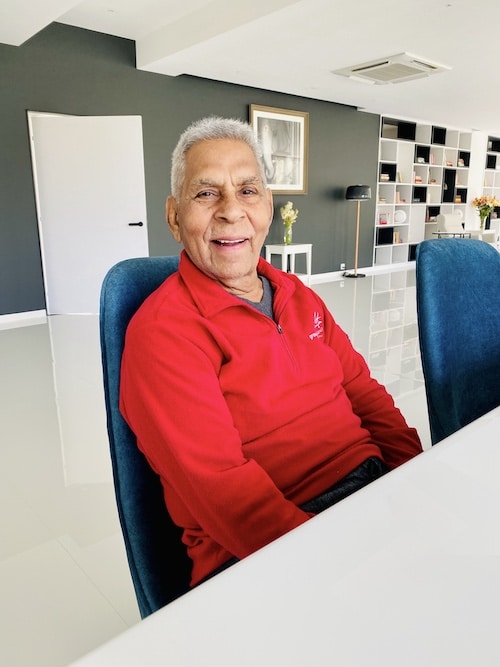
Shaukat R Sharma 14.07.1947 - 23.01.2022
A couple of weeks ago, on the night of 22-Jan-2022, his blood pressure dropped. I held his hand in mine and Matarani (my mother) was also there. I was smiling widely. At first, there were questions and intrigue in his eyes, but soon there was this extraordinary calmness, a subtle joy. The kind you get when the solution to a great problem you’ve been working on for quite some time dawns on you. As if a stubborn knot had come undone.
“Are you in pain of any kind?” I said.
“No,” he replied. “There’s no pain anywhere.”
He looked at Matarani and asked her if she was alright to which she replied affirmatively. I told him I loved him, playfully pulling his cheek, and that I would take care of him. I then put my hand on his forehead and his eyes dipped. His breath
“Thank you, Pitashree, for everything. I love you. I won’t say, may your soul rest in peace, for you and I both know you are already resting in my heart, in me. In eternal joy and devotion. I hope you enjoy this read.”
All said and done, my only solace was that I could make good on my promise. I can’t even begin to tell you how much work it took to make that happen. To scribble and squeeze this promise in between the fine print of destiny which had other plans, without smudging and tampering, has been perhaps the greatest reward of my sadhana, even bigger than the vision of the Divine.
I hope I didn’t bore you with my personal story. I shared because it’s not lost on me how deeply some of you love me and care about me. So, I thought you would perhaps want to know. You surprise me every day. Besides, I wanted to acknowledge the immense contribution of my father in my life. I would be nothing without him. Why, this body wouldn’t even be there if not for him.
Mind you, idioms may or may not be figures of speech. Life certainly is. In fact, life is a quirky figure of speech. So, you can’t take everything literally. In the end, none of it will matter.
Hence, the wise say: make hay while the sun shines.
Love,
Swami
P.S. I’ll announce the ashram/initiation events in my next post.
A GOOD STORY
There were four members in a household. Everybody, Somebody, Anybody and Nobody. A bill was overdue. Everybody thought Somebody would do it. Anybody could have done it but Nobody did it.
Don't leave empty-handed, consider contributing.It's a good thing to do today.

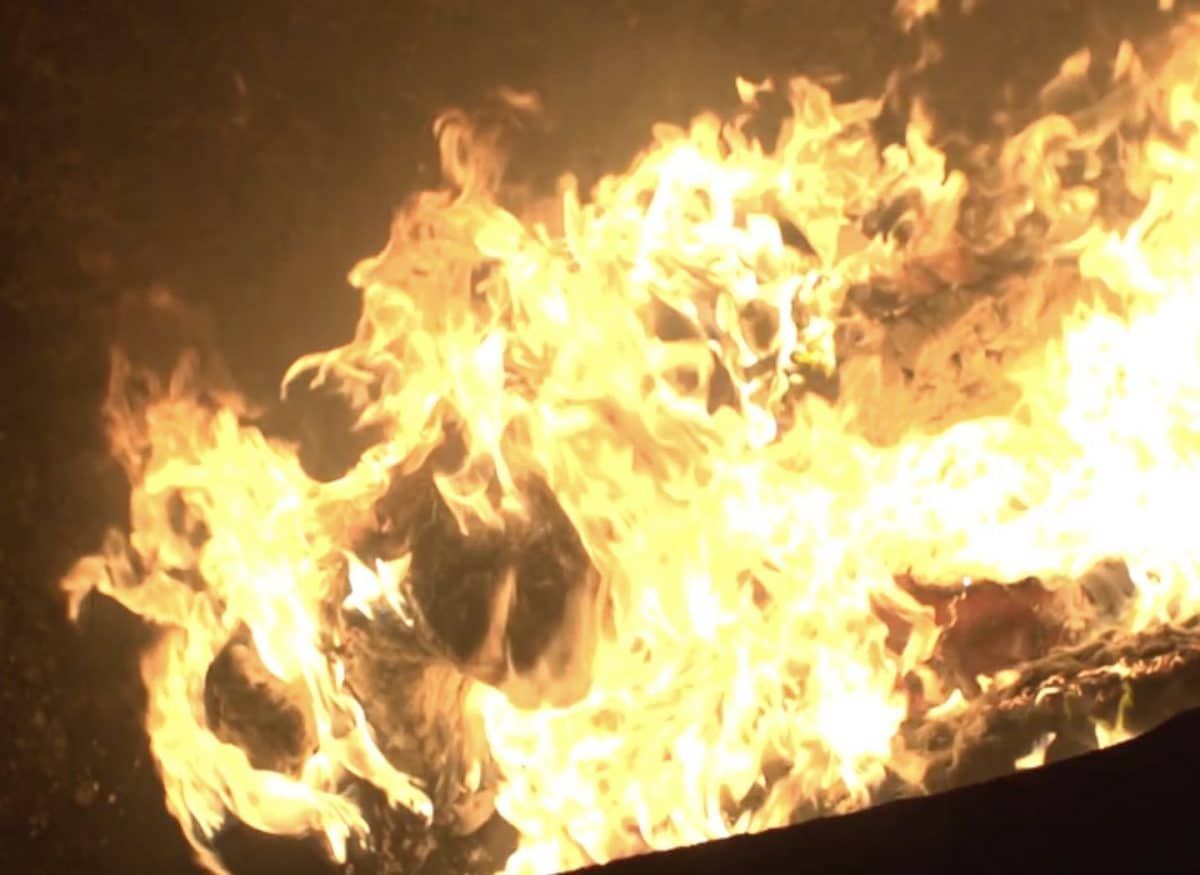


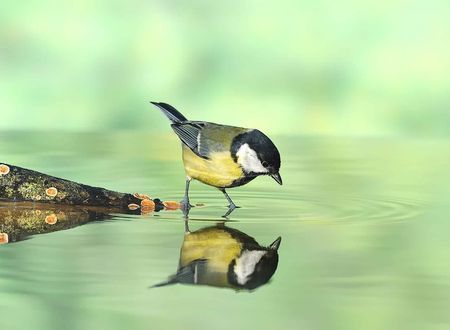
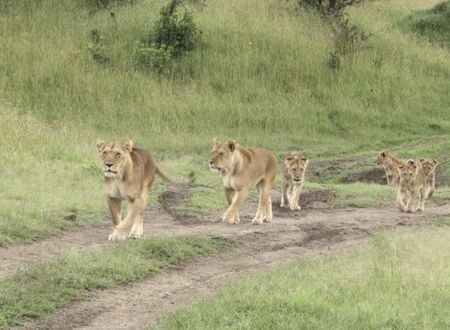
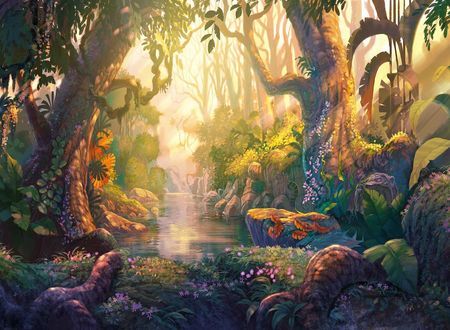


Comments & Discussion
646 COMMENTS
Please login to read members' comments and participate in the discussion.